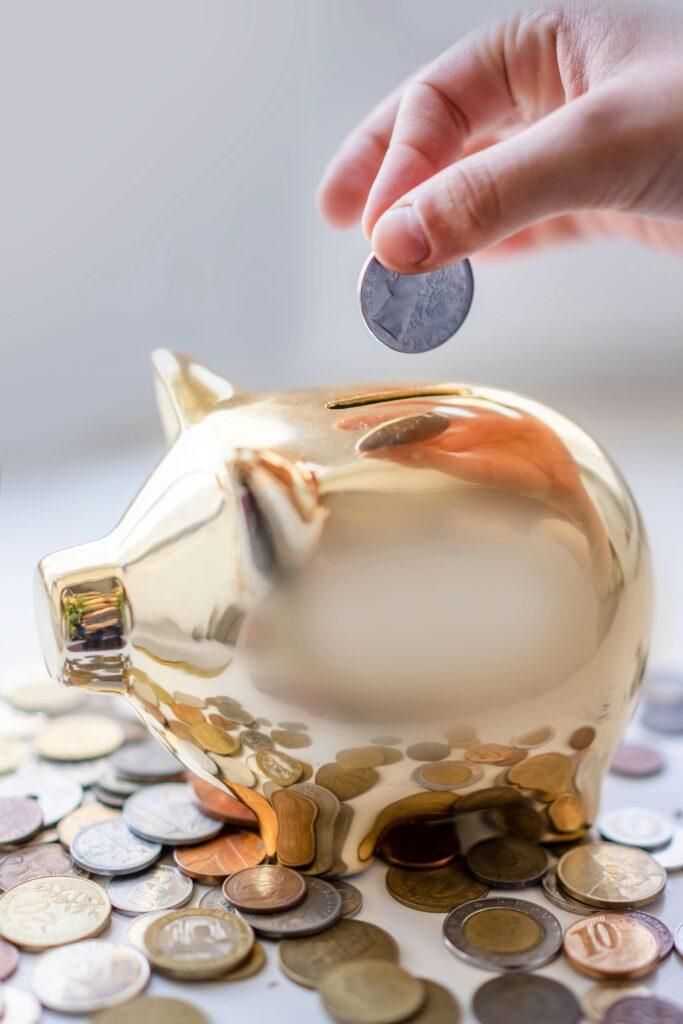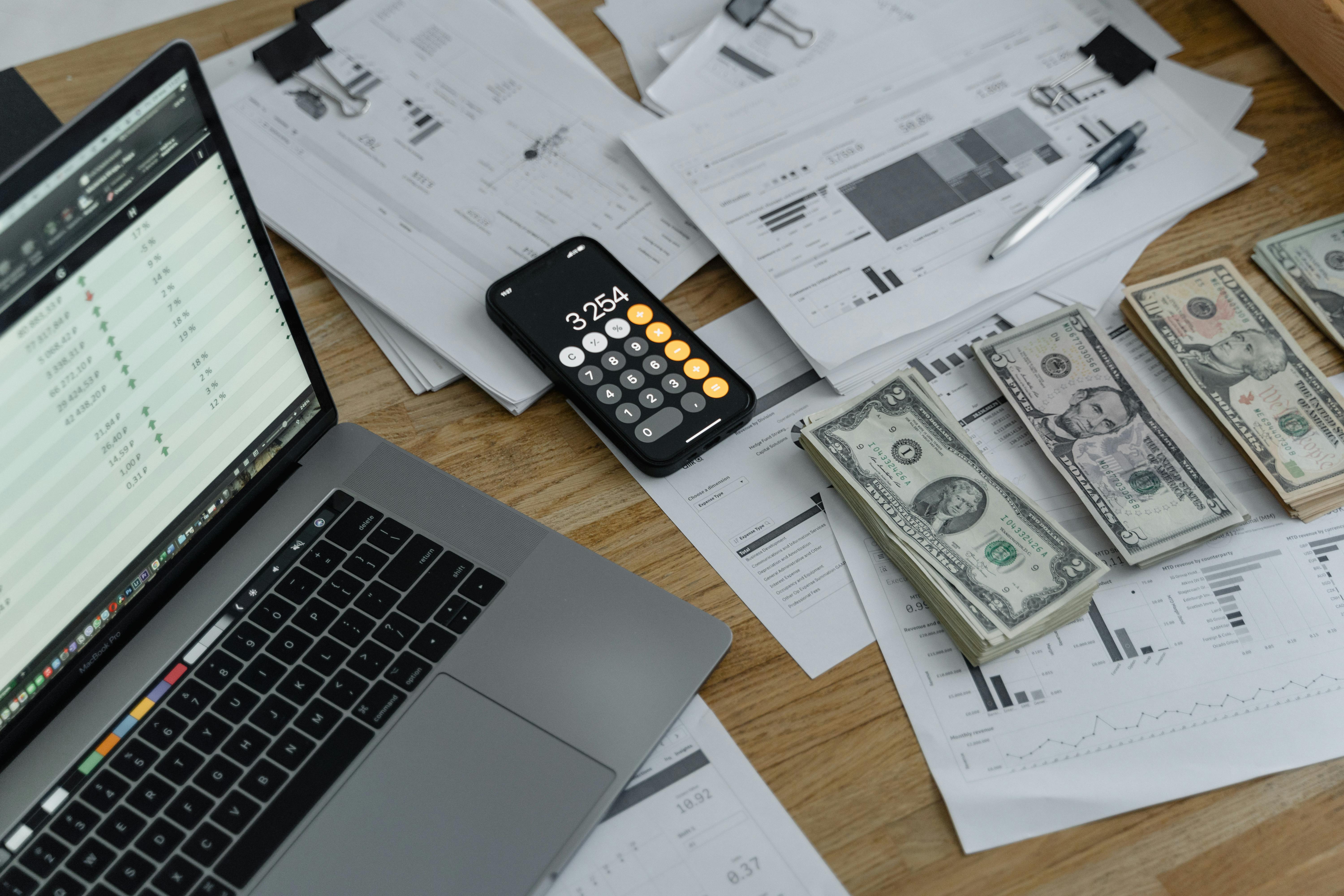Frequently Asked Questions
Managing your finances can feel overwhelming at times, but it doesn’t have to be. By understanding the basics and applying a few helpful tips, you can take control of your money and work toward your financial goals. Below are some common questions about budgeting, saving, and tracking your expenses. Let’s dive in!
1. How often should I track my income and expenses?
It’s important to keep track of your income and expenses regularly. Ideally, do it at least once a month. However, if you want more control, you can do it weekly. Daily tracking can be too much, but checking monthly or weekly helps you spot any problems early and make necessary adjustments.
2. What should I do if my income varies each month?
If your income changes every month, it’s significant to set priorities and make a budget that covers the basic needs first. Try creating an emergency fund to help you in months when your income is lower. You can also make a “minimum income” plan: take care of your essential expenses first, then save or invest the rest.
3. How can I reduce impulse spending?
Reducing impulse spending can be hard, but there are ways to do it. One method is to make a list before you go shopping and stick to it. Set a monthly limit for things you don’t really need. You can also use the “24-hour rule”: if you want to buy something on impulse, wait 24 hours before deciding if you really require it.
4. What are the best tools for tracking finances?
There are many tools available to help you track your finances, from mobile budgeting apps to printable planners and spreadsheets. Whether you prefer using digital tools or keeping things old-school with pen and paper, the most important thing is to choose a method that feels intuitive and helps you stay on top of your expenses. Even a simple Excel or Google Sheet can do wonders when used consistently.
5. What if I struggle to stick to my budget?
If you have trouble sticking to your budget, first take a look at where the problems are. Maybe you need to make your budget more realistic, or add more categories to cover your specific needs. You could also try setting smaller goals. Instead of aiming to save $1000 a month, try saving $100 this week. This way, you get a sense of achievement and stay motivated.
6. How can I use the “pay yourself first” method to boost my savings?
The “pay yourself first” method is one of the best ways to save more money. The idea is simple: when you get paid, set aside a certain amount for savings or investment before spending on anything else. This way, saving becomes a priority, and you won’t be tempted to spend money on unnecessary things. Over time, it can help you build up a good savings habit.
7. What is a “no-spend challenge” and how can it help me save money?
A “no-spend challenge” is a challenge where you decide not to spend money on anything unnecessary for a set period of time. It could last for a week, a month, or even longer. During this time, you only spend money on essential things like food, bills, and rent. This challenge can help reduce impulsive buying and increase awareness of how much money you spend. If you prepare properly, it can help you save a significant amount in a short time.


